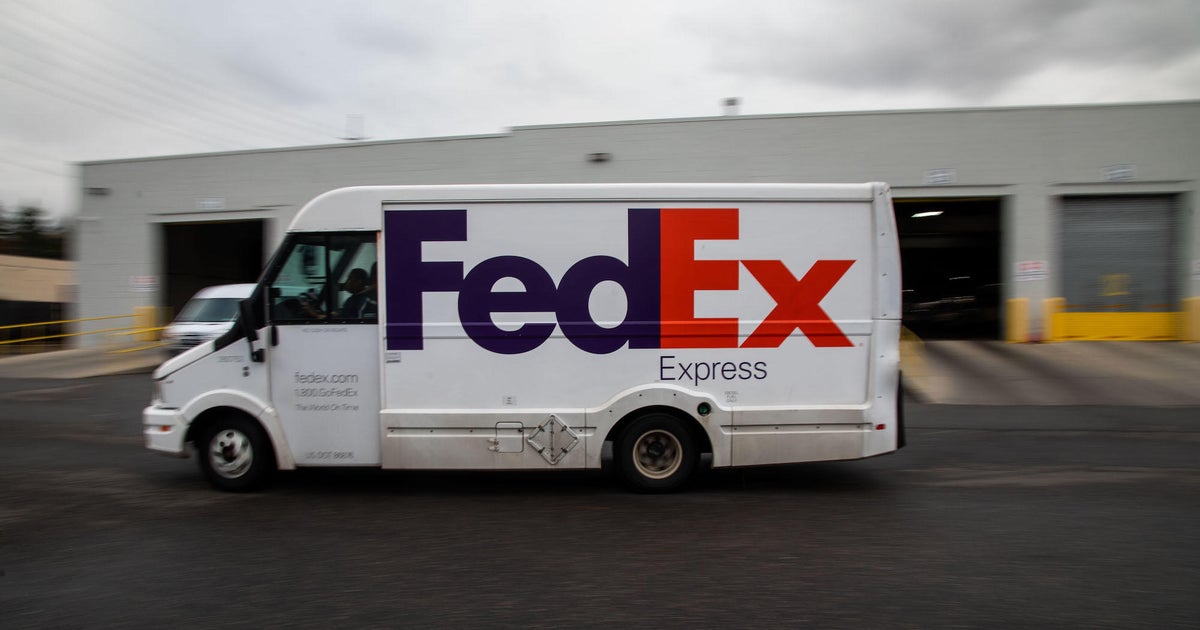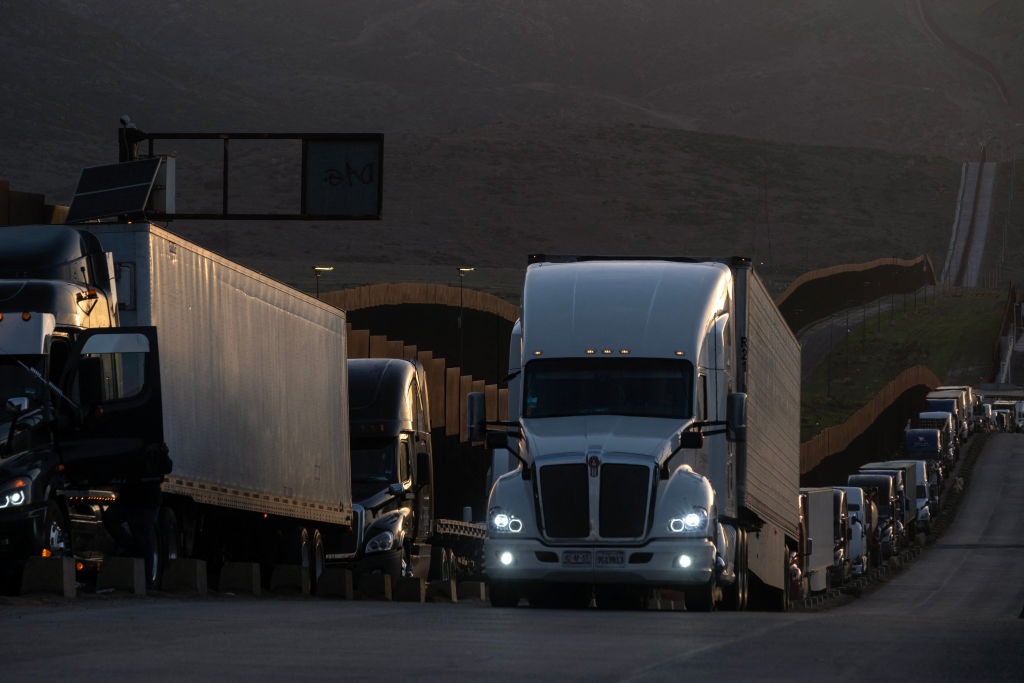What's behind Trump's threat to put tariffs on cars?
The Trump administration's threat to slap heavy tariffs on imported cars to protect U.S. national security has sparked an outcry not only, as might be expected, from the auto industry, but also from members of his own party.
"The Honda Accord is not a threat to our national security," Rep. Jeb Hensarling, chairman of the powerful House Financial Services Committee, tweeted on Thursday. "However taxing it with trade tariffs is a threat to the economic security of millions of hardworking American families." Trade laws, he added, "should never be used as an excuse for raw protectionism."
The timing also struck observers as curious given China's pledge the previous day to slash tariffs on imported cars from 25 percent to 15 percent. So what's behind the move?
NAFTA
The Trump administration has framed proposed car tariffs, along with the levies imposed earlier this on steel and aluminum imports, as a means to ensure the vitality of key domestic industries. Unfair foreign competition, the thinking goes, is killing U.S. jobs, weakening our manufacturers, inhibiting innovation and otherwise sapping the country's economic growth.
But the auto tariffs are also aimed at something else, experts say.
"We believe much of this investigation is squarely focused on developing a final NAFTA agreement," said Ed Mills, an analyst with Raymond James, in a note. "Country of origin rules, especially for automobiles, has been a key sticking point" in those talks.
Who makes the cars Americans drive?
Roughly a quarter of autos sold in the U.S. are made by foreign automakers, such as BMW, Honda and Toyota, that build and assemble vehicles at U.S.-based manufacturing plants. And those plants employ American workers, emphasized Kristin Dziczek, vice president of industry labor and economics at the Center for Automotive Research, in a tweet.
"In America, Toyota has 10 plants, 136,000 employees and 1,500 dealers that contribute to their local economies. Tariffs on auto imports could hurt American jobs & raise consumer costs," Toyota's policy arm tweeted.
In 2017, Mexico accounted for the largest share of imports of new passenger vehicles into the U.S., at 24 percent. Canada was next at 22 percent, followed by Japan (21 percent), Germany (11 percent) and South Korea (8 percent). Other countries made up the rest, according to the U.S. Commerce Department.
Overall, the U.S. imported 8.3 million vehicles last year valued at $192 billion and exported about 2 million vehicles worth $57 billion.
How many U.S. jobs are tied to the auto industry?
Almost 1 million U.S. jobs are tied directly to auto and parts manufacturing, according to the U.S. Bureau of Labor Statistics. Another 2 million jobs are linked directly to vehicle and parts dealers.
As auto sales began to boom in recent years, that figure steadily climbed from a low of about 660,000 in 2010, when the industry was crippled by the financial crisis and the federal government staved off a General Motors bankruptcy. U.S. auto sales fell 2 percent last year after hitting a record high in 2016.
Labor unions have longed pushed for stronger car industry protections. But even the powerful United Auto Workers doesn't sound convinced that hitting car imports with tariffs is a good idea.
"When [Mr. Trump] is working in the best interests of working men and women in this country, we will support him," UAW president Dennis Williams told reporters at a roundtable discussion on Thursday, the union said via Twitter. "I appreciate that we're looking into tariffs, but I'm cautious."
Wait, national security?
In laying out the rationale for investigating whether car tariffs are warranted, Commerce Secretary Wilbur Ross suggested that auto imports have damaged the U.S. car industry. The government will examine "whether such imports are weakening our internal economy and may impair the national security," he said in a statement.
Not so, some analysts say. America's capacity to churn out cars hasn't been "a meaningful driver of national security" for the U.S. since World War II, Clayton Allen Height Capital Markets analyst said in a client note. "There is little to no hope for a defensible justification of auto tariffs though the Section 232 national security process," he wrote.
Hurry up and wait
The process for investigating whether tariffs are necessary and then imposing typically takes about six months. That means a decision from the Trump administration on whether to follow through on its car tariff threats may not occur until 2019.
-- The Associated Press contributed to this report



